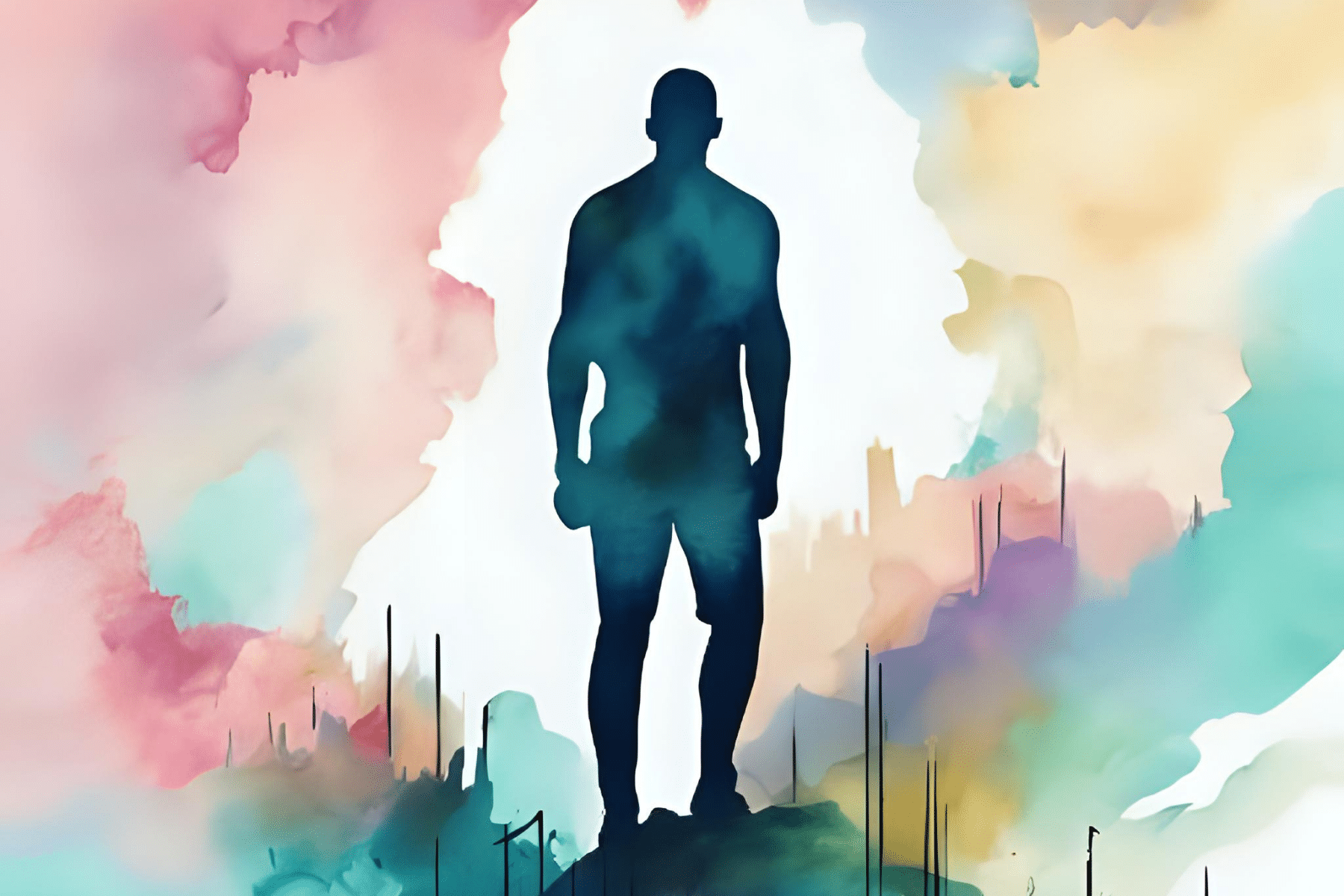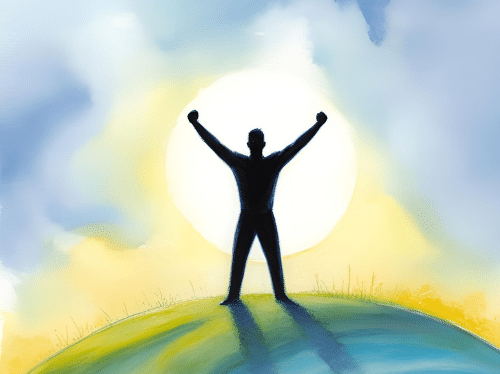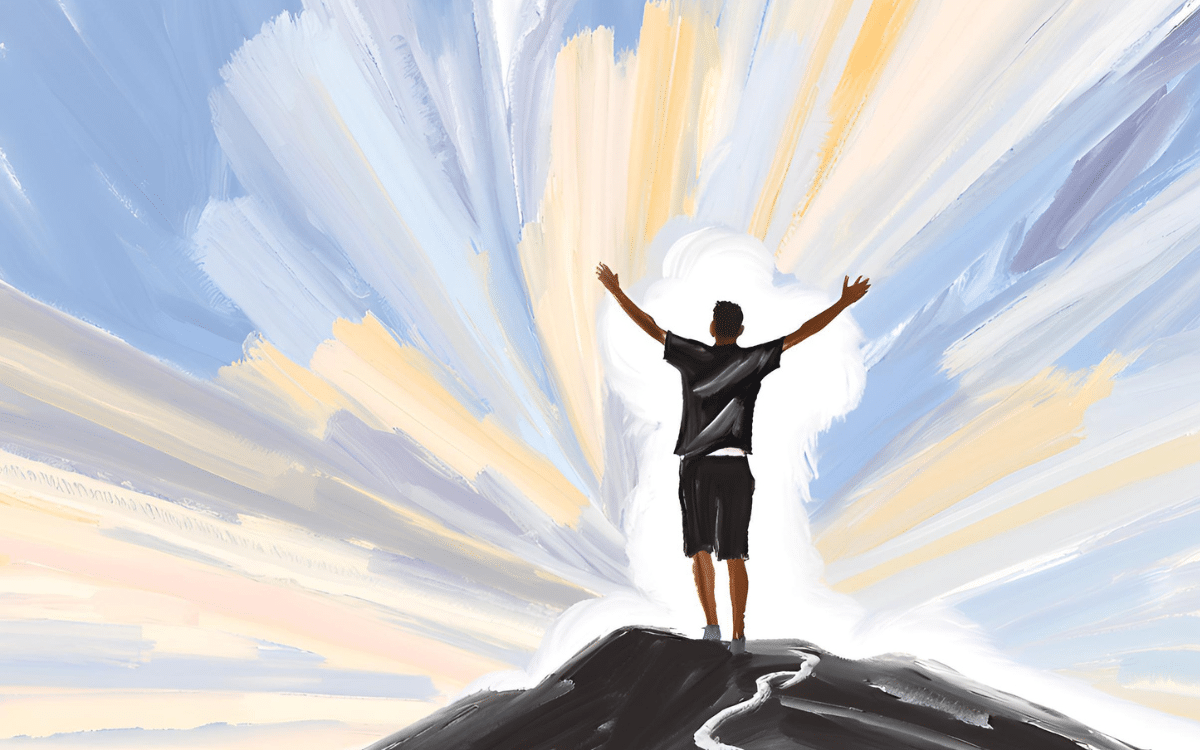Treatment for depressive disorders at Lifeskills
Without proper treatment, depressive disorders can worsen over time, impacting daily life, relationships, and overall well-being. Through our clinical pathways, Lifeskills offers individualized depression treatment programs tailored to each client’s needs. Our expert clinicians utilize evidence-based therapies, such as cognitive behavioral therapy and dialectical behavior therapy, to help individuals manage symptoms, identify triggers, and achieve sustainable recovery. We also specialize in treating co-occurring disorders, such as depression and substance use, ensuring holistic care. With a focus on long-term healing, Lifeskills is the leading depression treatment center in Florida.
About Depressive Disorders
Depressive disorders are complex mental health conditions characterized by persistent sadness, hopelessness, and worthlessness, impacting daily functioning and relationships. Depression, which affects over 21 million Americans annually, presents in various forms, including major depressive disorder, persistent depressive disorder, postpartum depression, and seasonal affective disorder.
Approximately 21 million Americans, or 8.3% of the US population, experience at least one major depressive episode annually.
Questions about depressive disorders
What are depressive disorders?
Depressive disorders are a group of mood disorders that go beyond temporary sadness or low mood, significantly impacting how individuals think, feel, and function. Symptoms often include persistent sadness, fatigue, changes in appetite, difficulty sleeping, and diminished interest in daily activities. Depression can vary in severity and may include different types, with major depressive disorder being one of the most common forms.
The National Institute of Mental Health identifies several types of depressive disorders, each with unique characteristics:
- Major depressive disorder (MDD) – Persistent sadness, loss of interest, fatigue, and difficulty concentrating that impair daily functioning.
- Persistent depressive disorder (PDD) – A chronic form of depression lasting at least two years, with milder but enduring symptoms compared to MDD.
- Bipolar disorder – Includes depressive episodes similar to MDD, alternating with periods of mania or hypomania.
- Seasonal affective disorder (SAD) – Affects individuals seasonally, often during fall and winter, causing low energy, sleep disturbances, and changes in appetite.
- Postpartum depression – Occurs after childbirth, marked by severe sadness, fatigue, and difficulty bonding with the baby. It differs from the “baby blues,” which are milder and short-lived.
Early diagnosis and treatment, including therapy and medication, are essential for improving quality of life and effectively managing symptoms.
What are the signs and symptoms of depressive disorders?
Depressive disorders present through various emotional, behavioral, and physical symptoms.
- Emotional signs include persistent sadness, hopelessness, irritability, or anxiety about the future.
- Behavioral changes may include social withdrawal, impulsive thinking, or a lack of motivation for engaging in new activities or forming new relationships.
- Physical symptoms can range from fatigue, headaches, and body aches to gastrointestinal issues and disrupted eating patterns, such as binge eating or loss of appetite.
Feelings of being unappreciated, pessimism, or a sense of being trapped are also common.
When should I seek help for a depressive disorder?
Individuals should seek help for a depressive disorder when symptoms such as persistent sadness, hopelessness, fatigue, or social withdrawal begin interfering with daily life and relationships. Immediate support is crucial if thoughts of self-harm, suicidal ideation, or severe emotional distress are present. Early intervention improves outcomes and prevents symptoms from worsening over time.At Lifeskills, our master’s-level clinicians provide comprehensive, evidence-based care tailored to your needs. Whether through our residential depression treatment center or our outpatient program, we’re here to guide you toward lasting recovery. Contact us today to take the first step toward healing.
Our Levels of Care
At Lifeskills, we offer a comprehensive continuum of care to support individuals at every stage of their recovery journey. Our levels of care include detoxification, residential treatment, partial hospitalization, intensive outpatient, and transitional living programs, each tailored to meet the unique needs of our clients.


